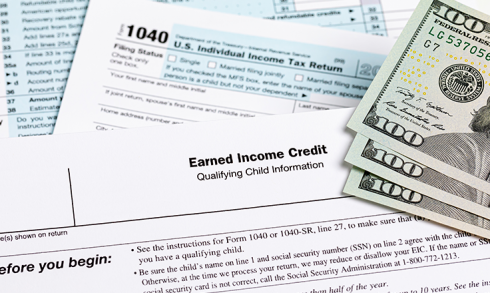- Home
- /
- Research Topics
- /
- State Earned Income Tax Credit
State Earned Income Tax Credit
Earned income tax credits (EITCs) are government benefits for low-income workers and their families. In addition to the federal EITC, some states offer EITCs as well. States that offer EITCs make their own determinations regarding credit eligibility, credit value, and refundability. However, states often model their credits after the federal credit, particularly with respect to their eligibility and credit value.
Featured Resources
Research finds that the state EITC is the most effective anti-poverty policy for children in the US when compared to the Supplemental Nutrition Assistance Program, Temporary Assistance for Needy Families, and state child tax credits.
A refundable state earned income tax credit (EITC) of at least 10 percent of the federal credit promotes healthier and more equitable birth outcomes, increases parents’ workforce participation, and improves household economic security.
Our analysis demonstrates that the annual public benefits of the elective refundable state EITC program would outweigh its costs.









